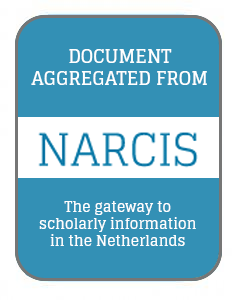Assessment of Housing Needs in Namibia
The current paper derives from work conducted in the context of the Revision of the Mass Housing Development
Programme (MHDP) that the Ministry of Urban and Rural Development (MURD) commissioned to the Integrated
Land Management Institute (ILMI) at the Namibia University of Science and Technology (NUST). The paper contains
only publicly-available information and was prepared for public dissemination of issues related to the work
undertaken for the Ministry in the context of this project. More information about this project can be found on


